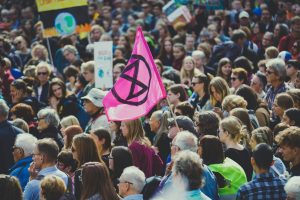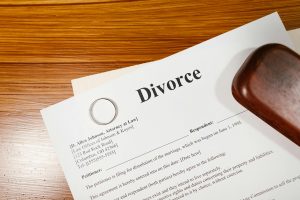Non-Disclosure Agreements in the #MeToo Era
Since the start of the #MeToo movement in 2017, the issue of sexual harassment and assault in the workplace has been brought to the forefront of public consciousness. Brave individuals, particularly women, came forward to share their experiences and hold their abusers accountable. However, one aspect of this movement that often gets overlooked is the use of Non-Disclosure Agreements (NDAs) to silence victims and protect the image of powerful companies and individuals. In this article, we will take a closer look at NDAs in the #MeToo era, their impact on victims and the workplace, and the ongoing efforts to reform their use.
The Role of NDAs in Sexual Harassment Cases
Non-Disclosure Agreements, also known as confidentiality agreements, are contracts between two or more parties that outline the confidential information that must be kept private. This can range from trade secrets to financial information to personal matters. While these agreements have legitimate uses in various industries, they have been increasingly used to silence victims of sexual harassment and misconduct.
In cases of sexual harassment, NDAs are often used to protect the reputation of the accused and their employers. Victims may feel pressured or forced to sign these agreements in exchange for monetary compensation or fear of retaliation. By signing the NDA, victims are legally bound to keep the details of their experience confidential, effectively silencing them from speaking out about their abusers.
The Impact of NDAs on Victims
The use of NDAs in sexual harassment cases has profound effects on victims and their ability to seek justice. By signing these agreements, victims are often left feeling silenced, isolated, and unable to share their experiences with others. The fear of legal consequences for breaking the NDA can also prevent victims from seeking support or seeking accountability from their abusers.
Furthermore, NDAs can lead to a culture of secrecy and allow perpetrators to continue their actions without consequences. As long as these agreements are in place, employers and those in positions of power can avoid public scrutiny and continue to harass and abuse individuals without any repercussions.
The Call for NDA Reform
Due to the negative impact of NDAs on victims and the workplace, there have been growing calls for reform and stricter regulations on their use, particularly in cases of sexual harassment. Many advocates argue that NDAs should not be used to hide criminal behavior and should not be a requirement for victims to receive compensation.
The Ending Forced Arbitration and Sexual Harassment in the Workplace Act
In response to these concerns, the Ending Forced Arbitration and Sexual Harassment in the Workplace Act was introduced in Congress in 2019. This legislation would ban mandatory arbitration and NDAs in cases of workplace sexual harassment and discrimination. It also allows victims to choose whether or not to enter into an NDA and still receive compensation for their experience.
Corporate Actions
Some companies have also taken their own initiative to address the issue of NDAs in the #MeToo era. In 2018, several major corporations, including Microsoft and Uber, announced that they would no longer require employees to arbitrate sexual harassment claims and would not use NDAs to prevent victims from speaking out. This move is seen as a step towards promoting transparency and accountability in the workplace.
Final Thoughts
Non-Disclosure Agreements have long been used to protect the interests of companies and their employees. However, in cases of sexual harassment and misconduct, NDAs have become a tool to hide and silence victims, perpetuating a toxic and dangerous culture in the workplace. In the wake of the #MeToo movement, it is crucial to continue the conversation and push for reform to ensure that NDAs are not used to silence victims and protect perpetrators. As more efforts are made to hold abusers accountable and support victims, we can move towards a safer and more transparent work environment for all.










